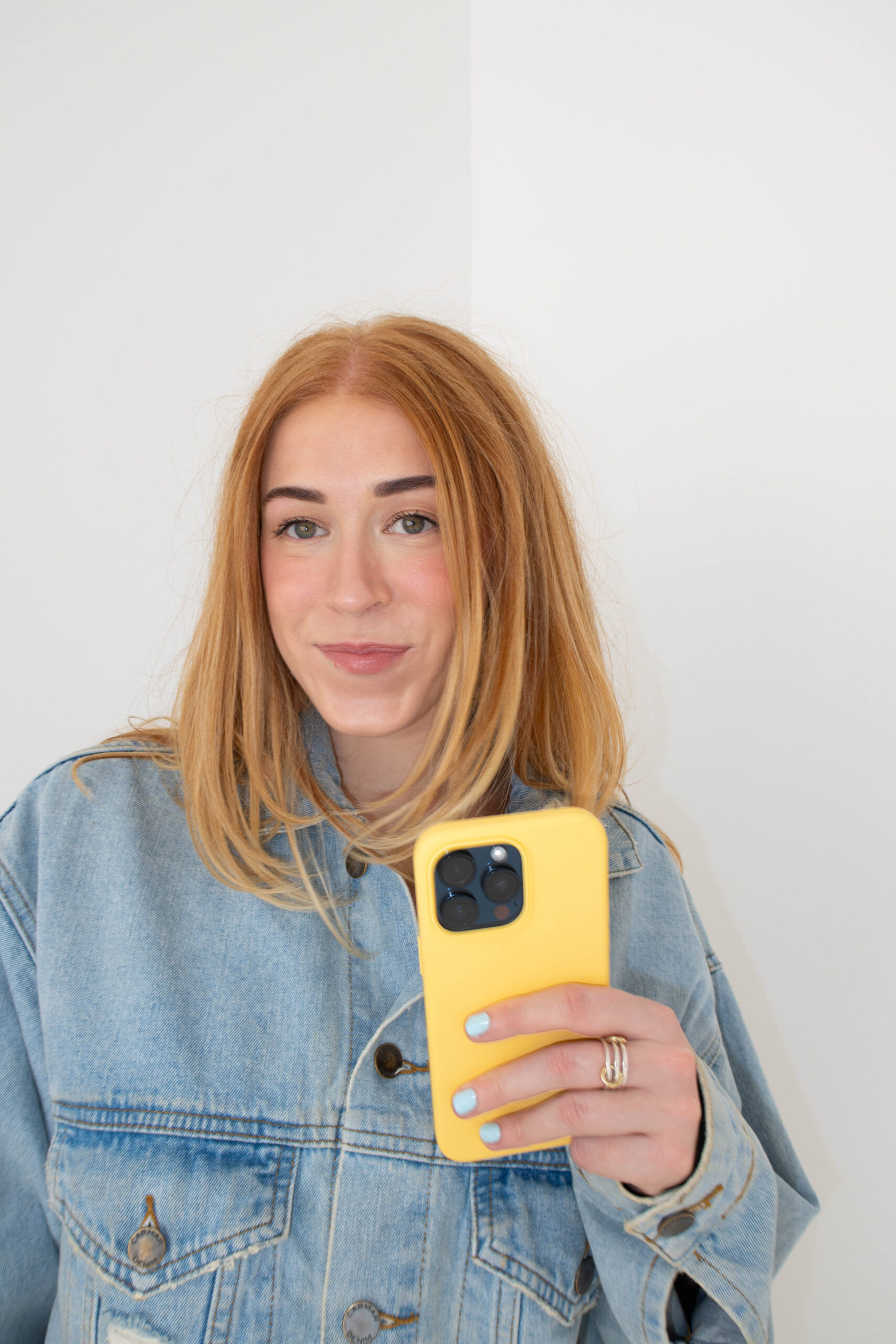Ask a Gen Z consumer about their favorite brand and they won’t describe it like a company. They’ll talk about it like a person.
For them, brands have personalities. They can be chaotic, comforting, funny, moody, dramatic, or cool. It’s not just about what a brand sells. It’s about who that brand is.
BRANDS THAT FEEL LIKE PEOPLE
Take Duolingo. The green owl is more than a mascot. It’s clingy, chaotic, and oddly lovable. People interact with Duolingo like it’s their unhinged best friend who keeps them accountable in the funniest way possible.
Glossier takes the opposite approach. Instead of chaos, it’s soft, aspirational, and perfectly curated. The brand feels like that effortlessly cool friend who shows up with glowing skin and minimalist vibes.
Liquid Death sells water, but its personality is rebellious, loud, and a little absurd. It feels like the kid in school who never followed the rules but somehow got everyone’s attention anyway.
Calm positions itself as the older sibling who always has the right advice. The one who tells you to take a breath, step back, and take care of yourself.
Tarte has leaned into the “bestie” role with influencer-heavy marketing and playful launches. It’s a brand that feels like your fun, chatty friend who’s always recommending her latest find.
And then there’s Rhode, Hailey Bieber’s skincare line. Rhode isn’t loud or over the top. It’s sleek, minimal, and intentional. It feels like the friend with the perfect morning routine, the one who always has dewy skin and knows which lip treatment you should buy.
WHY PERSONALITY WINS
Gen Z isn’t connecting to logos. They’re connecting to voices. Consistency builds trust, just like you know what to expect from a friend. Quirks create loyalty, like Duolingo’s chaotic owl or Tarte’s playful influencer trips. And relatability beats polish every time. A slightly messy, human tone feels more real than perfect campaigns.
This is why Spotify Wrapped becomes a cultural event every year. It’s not just about stats. It’s about Spotify showing up like a friend who knows your taste better than anyone.
WHAT THIS MEANS FOR YOUR BRAND
Your brand already has a personality, whether you’ve defined it or not. The question is, are you shaping it into something people want to follow, or leaving it flat? Not every brand needs to be the loud, funny one. But every brand does need to play a role. Once you know who your brand is, everything else clicks. The visuals, the copy, the campaigns, the collabs. It all starts feeling consistent because it’s coming from a character instead of a boardroom.
THE MOODY TAKE
We see branding as character development. It’s not about posting more or blending into trends. It’s about building a personality people want to root for, talk about, and come back to.
If you want your brand to feel less corporate and more magnetic, it’s time to start thinking about your character arc.
